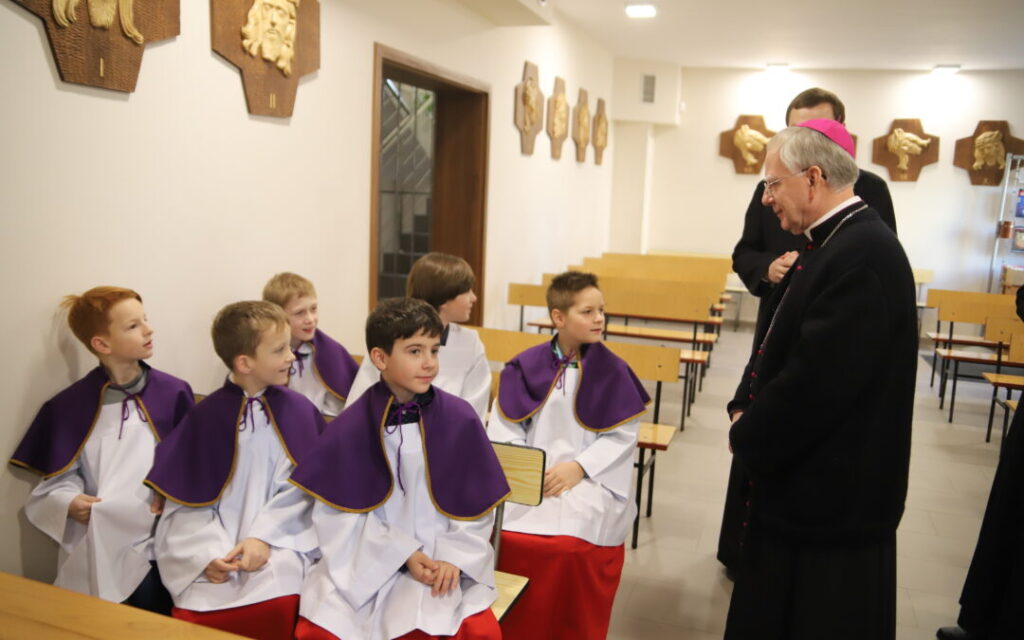A proposal before the Wyoming Legislature’s Joint Education Committee this week would spend tens of millions of dollars on “education savings accounts” to pay for private, religious, and fly-by-night home schools with zero accountability or oversight.
Similar education systems have already proven outrageously expensive in other states, and yet “fiscal conservatives” continue to push the idea in Wyoming as part of their agenda to tear down public education.
Basically, under the proposal, parents would receive $3,000 from the government to pull their kids out of Wyoming public schools. They could use that money to instead help pay for private or religious school or homeschool their own kids.

Wyoming is among many rural states that have not adopted a “voucher” system, not only because it’s a bad idea—but also because in many of our small towns there are simply no private or religious schools to choose from, and working parents aren’t able to adequately homeschool their own kids.
This was one big reason Republicans in Idaho rejected a similar voucher program earlier this year.
As in our neighboring state, public schools remain the bedrock of many rural Wyoming communities. Instead of adequately funding these schools, the voucher program would give money to parents in bigger Wyoming towns where private and religious schools operate.
In addition, the so-called “education savings accounts” that the Legislature’s Joint Education Committee will discuss this week violate the Wyoming Constitution.
They are literally the opposite of what Wyoming’s Founding Fathers envisioned:
“No money of the state shall ever be given or appropriated to any sectarian or religious society or institution,” states Article 1, Section 19 of the Wyoming Constitution. This includes religious schools, which would receive public money under the proposed “educational savings account” program.
Wyoming’s constitution also says no public money for education shall go “to any person, corporation or community not under the absolute control of the state, nor to any denominational or sectarian institution or association,” states Article 3, Section 36. This includes home schools or Cousin Jerry’s Shack-Out-Back Kindergarten.
Sadly, our state legislators have become more interested in pushing whatever harebrained scheme is the latest fad out of Florida—even if it violates our constitution—rather than addressing the real problems state residents face.
Abandoning special ed and rural kids
The whole point of public education is to ensure that all children in our state have access to a quality education. In recent years, public school districts in Wyoming have responded to demands for “choice” by increasing options for parents and students within the public sphere.
But public schools, per our constitution, must offer—and must not offer—certain forms of education. On one hand, for instance, public schools cannot offer religious instruction. On the flipside, they must accept all students, regardless of their ability or background or where they live.
Under the proposed voucher system, roughly $40 million would be diverted each year from Wyoming’s general fund to private and religious schools that, for instance, can refuse to admit disabled students or others who might be more cost-intensive to educate—or whoever they decide to refuse.
The system offers neither good education nor cost savings, and it breaks the promise of public education to ensure that all kids get a fair shot regardless of who they are or where they come from.
Kids in rural areas will also be out of luck, since for-profit schools won’t operate in places where they don’t have enough customers.
So, with “vouchers” or “education savings accounts,” the public system would continue to be underfunded and yet still expected to shoulder the responsibility of teaching kids with disabilities, homeless students, and others who require more resources and help, as well as all our rural children.
The model is a fast-track to the bottom for public schools, and that’s been proven in states like Arizona, which has a “universal voucher program” and also the lowest high school graduation rates in the nation. Unfortunately for Arizona lawmakers, the cost of the program turned out to be nearly 14 times more than advertised—$900 million a year instead of $65 million.
The system offers neither good education nor cost savings, and it breaks the promise of public education to ensure that all kids get a fair shot regardless of who they are or where they come from.
A “compromise”
The Legislature saw two “voucher” or “education savings account” bills during its 2023 session, both of which died.
Senate File 143 – “Wyoming Freedom Scholarship Act-2,” sponsored by Sen. Cheri Steinmetz (R-Lingle), would have paid families $6,000 per child they pull out of public schools.
The Legislative Service Office estimated the program would take away almost $111 million from Wyoming’s public schools in its first three years.

The bill passed the Senate, and it was virtually assured of passing the House, since a majority of members were co-sponsors. But House Majority Floor Leader Albert Sommers (R-Pinedale) did not introduce it in the House, since a similar bill had already died in the House Education Committee and he did not want to give them redundant work.
For his decision, shrill accusations of “RINO” echoed from all corners of the political media cesspool, aimed at Sommers.
Now, it’s Sommers himself who is bringing the most recent bill before the Joint Education Committee, which he says is a “compromise” since some of the money under his proposal would go to early childhood education.
Sommers’ bill would cost less than the proposals last session—about $40 million per year—but, again, virtually every voucher program across the nation has ended up costing more than advertised.
It would still leave out rural students, students with disabilities, and many others, while unconstitutionally handing public funds over to religious schools and outfits with zero accountability.

